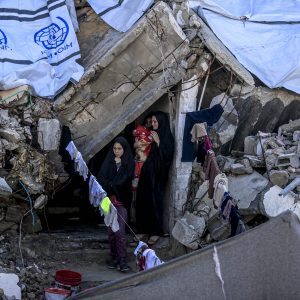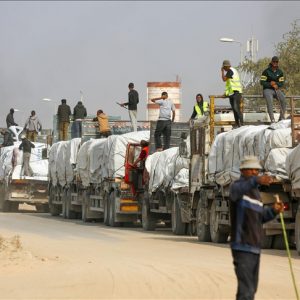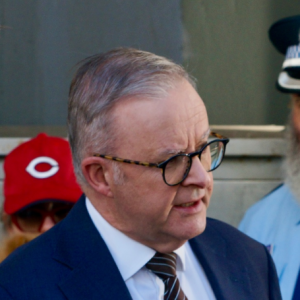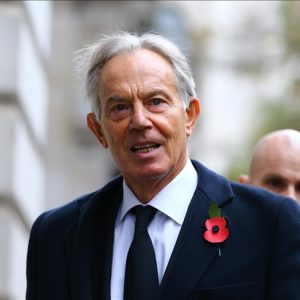Doctor breaks down in tears recounting Gaza atrocities
ISTANBUL (AA) – Tanya Haj-Hassan, a medical practitioner, broke down in tears as she recounted her experiences in bombarded Gaza during a briefing at the UN.
Speaking in connection with the International Day of Solidarity with the Palestinian People commemorated annually on November 29, Haj-Hassan shared accounts of the suffering she witnessed.
“I want the whole world to know that I’m a human being at the end, I’m not pen on paper. I’m not anonymous. I’m a human being created by God,” she said.
Reflecting on the global response, she remarked: “We spent the last 14 months watching the most live-streamed and documented genocide in history.”
Haj-Hassan accused global institutions and countries of failing to respond effectively to severe breaches of international law, human rights violations and war crimes.
She said eyewitnesses reported crimes “that in any other context would have led to sanctions,” adding that yet the global response remains one of “impotence.”
She also criticized the “widespread propaganda campaigns justifying the unjustifiable, silencing, and discrediting those who have attempted to expose” Israel’s crimes.
– Systemic neglect of Palestinian voices –
Haj-Hassan criticized the absence of Palestinian voices in discussions about their plight. She said systemic barriers devalue Palestinian lives. “Our Palestinian colleagues are not here today because the system that currently exists doesn’t recognize the value of Palestinian life,” she lamented.
The doctor also said one day someone will dig up the records of Palestinians covering their own genocide when international journalists were “unprecedentedly banned.”
Haj-Hassan warned that the precedent set in Gaza poses a broader threat to the rule of law globally, citing the spread of violence to neighboring Lebanon. “If solidarity with your fellow humans is not enough of a reason to act, think about how this is going to spill over,” she said.
While recognizing the weight of her testimony, Haj-Hassan emphasized that her words could not capture the lived reality of Palestinians “for over 400 days and 76 years before.”
Underlining the urgency of need to act, she criticized the system that empowers nations with “poor records of global violence.” “It takes courage to fight a corrupted system,” Haj-Hassan concluded.
Israel launched a genocidal war on the Gaza Strip since October last year, killing over 44,300 people, most of them women and children, and injuring over 104,900. Several analysts say the actual death toll far outstrips the official numbers by 4-5 times, as it includes those gone missing and unaccounted for as well as those dying of starvation and infectious diseases.
The second year of genocide in Gaza has drawn growing international condemnation, with officials and institutions labeling the attacks and blocking of aid deliveries as a deliberate attempt to destroy a population.
Last week, the International Criminal Court (ICC) issued arrest warrants for Israeli Prime Minister Benjamin Netanyahu and former Defense Minister Yoav Gallant for war crimes and crimes against humanity in Gaza.
Israel also faces a genocide case at the International Court of Justice for its deadly war on Gaza.










